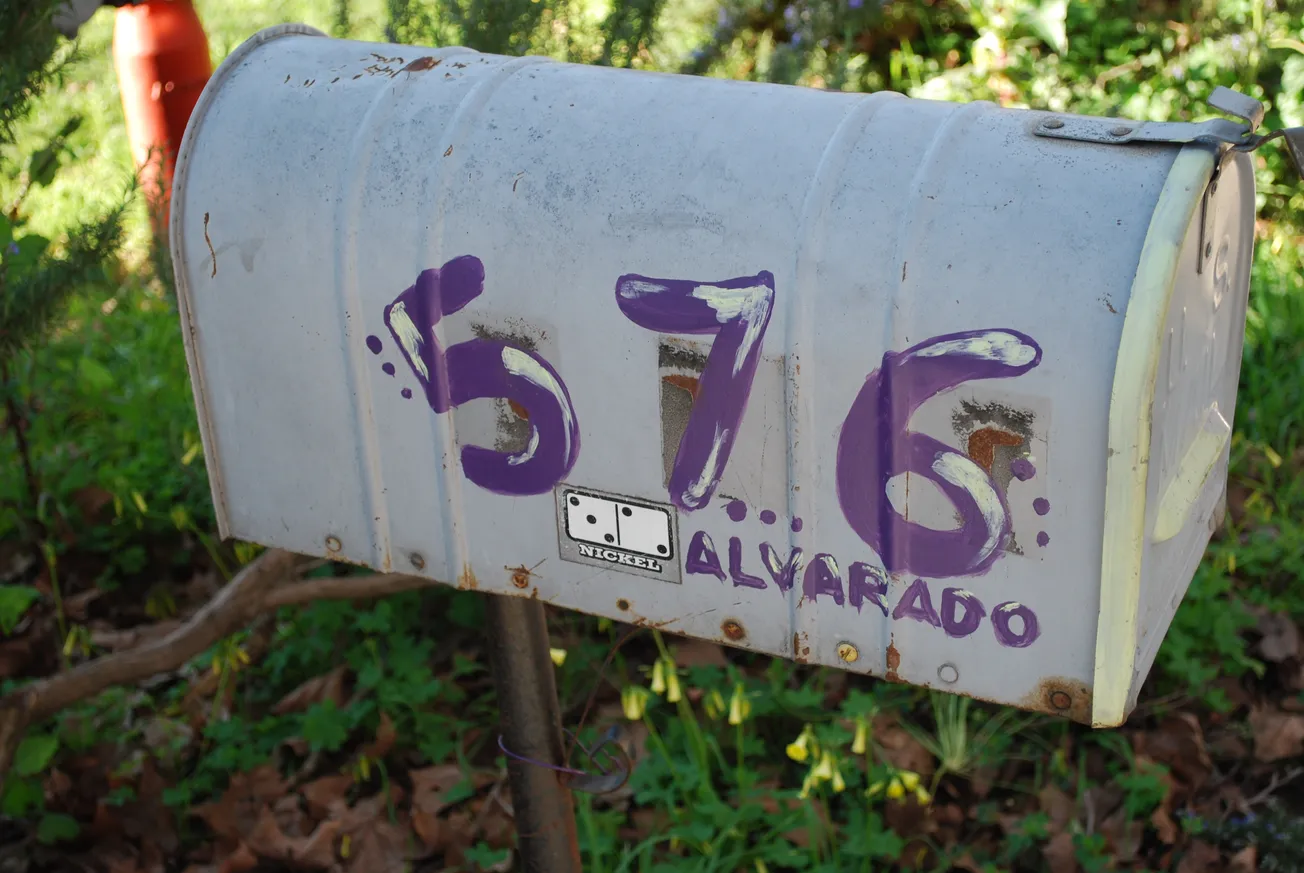Table of Contents
576 Alvarado Row, or Chi Theta Chi, as it is more commonly known, is the greatest experiment in residential autonomy at Stanford. As a cooperative house, it is already more independent than any other living quarters, but Chi Theta Chi also enjoys the further benefits of owning their own house. In revoking their lease, the University will shut down the only house that owns and runs itself, and does not restrict membership in the way that Sigma Chi fraternity, an exclusive greek organization and the other house that owns their building, would.
But why do we think it is important for the University to renew the lease on the Chi Theta Chi house? Here at the Review, we do not necessarily condone all the actions of residents, or occurrences within the house, nor are we particularly irked by the process in which this entire incident has shaped up. We are concerned, however, that by taking over control of Chi Theta Chi, the University is mandating an unnecessary expansion of authority, and this time, over an organization that is perhaps entirely free of ResEd oversight.
At the crux of the Chi Theta Chi experience is the sense of ownership. The house is run by students, in a unique way that assigns tasks and staff positions differently from any other cooperative dorm on campus. It is owned by an alumni board, which is formed, as the name implies, by past students who themselves had lived in this house. Everyone involved here is a Stanford student, and all of these Stanford students have invested their time, resources, and energy into establishing a residence that sustains itself on the efforts of every voluntary resident.
This brings us meekly to the idea that people who live in Chi Theta Chi choose to do so. It is much more work for a student to live in a co-op, especially one such as this, where chores can range from scrubbing shower floors to fixing broken windows. Every year, residents must move in a week ahead of school, in order to get the house ready for the next year. The house buys its own furniture and plants, paints its own walls (which frequently results in murals), and manages any surplus money through a fund supervised by alumni.
While it is understandable that to maintain cohesiveness at an educational institution, not all students can be provided with a laissez-faire option of housing, we should have at least one option where students can voluntarily live and enjoy the benefits of sovereignty. With a house capacity of 35 students, this is not an unreasonably large number of people, either.
In a letter to residents of Chi Theta Chi, the University assured them that it would do its best to maintain the same living conditions that tenants have thus far enjoyed. However, this is problematic for two different reasons. First of all, the idea of negotiating freedoms itself limits how much freedom one can have. If the University is to “grant” certain freedoms, it would essentially be formalizing a list of things that the students can do, and thereby also stipulating those that they cannot. For example, if the University agrees that students can have free expression, but also mandates that students cannot build extensions to the house, residents would not be able to erect structures such as the dragon-shaped barbecue pit in the courtyard.
Secondly, regardless of whatever promises of autonomy the University makes, taking control means it will absolutely be cutting a lot of sovereignty. Students would have to file Fix-it complaints in order to make repairs in the house, they would have to use a lot of furniture provided by ResEd, and dues collected from students would go to the University (which ResEd could presumably spread over all houses controlled by Stanford) instead of a particular fund that benefits only the students who are paying these fees.
The idea of taking control over the house seems superfluous. When a restaurant defies public health standards, it is shut down, or asked to improve. The state does not take ownership of it, and then run it as its own. Chi Theta Chi should face similarly harsh conditions- meet University safety standards, and respect all other ways that the University deems necessary for a smooth, healthy, and legal operation of a residence. However, taking ownership of the house is not a fair option.
Stanford can do a better job of providing, at least to a small number of willing students, a housing option where they can have the most amount of independence possible. We urge ResEd to require that Chi Theta Chi meet University standards in health, safety, and operation, but to reconsider revoking the lease on the land on which 576 Alvarado Row currently stands.
Unsigned editorials represent the views of The Stanford Review’s Editorial Board and do not necessarily reflect opinions of The Stanford Review or its staff. The Editorial Board consists of the Opinion Editors, the Executive Editor, and the Editor-in-Chief. To submit a letter to the editor or guest op-ed, please e-mail our Opinion Editor, Lisa Wallace, at lisaw2@stanford.edu.





